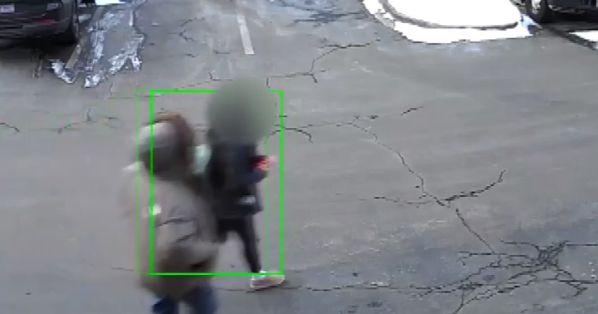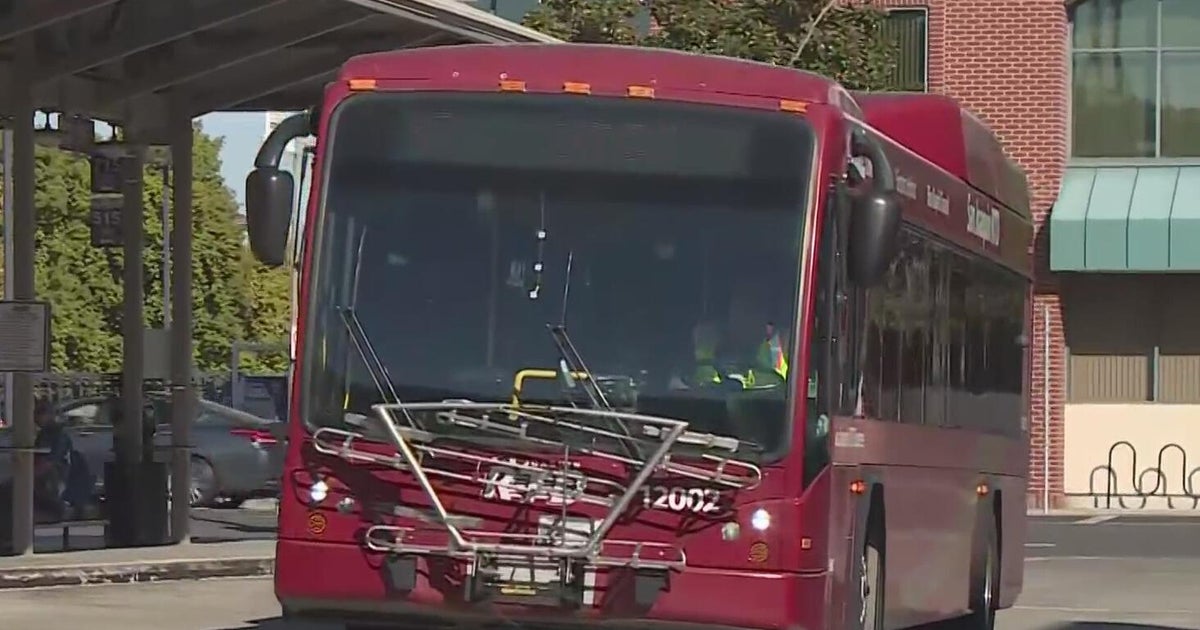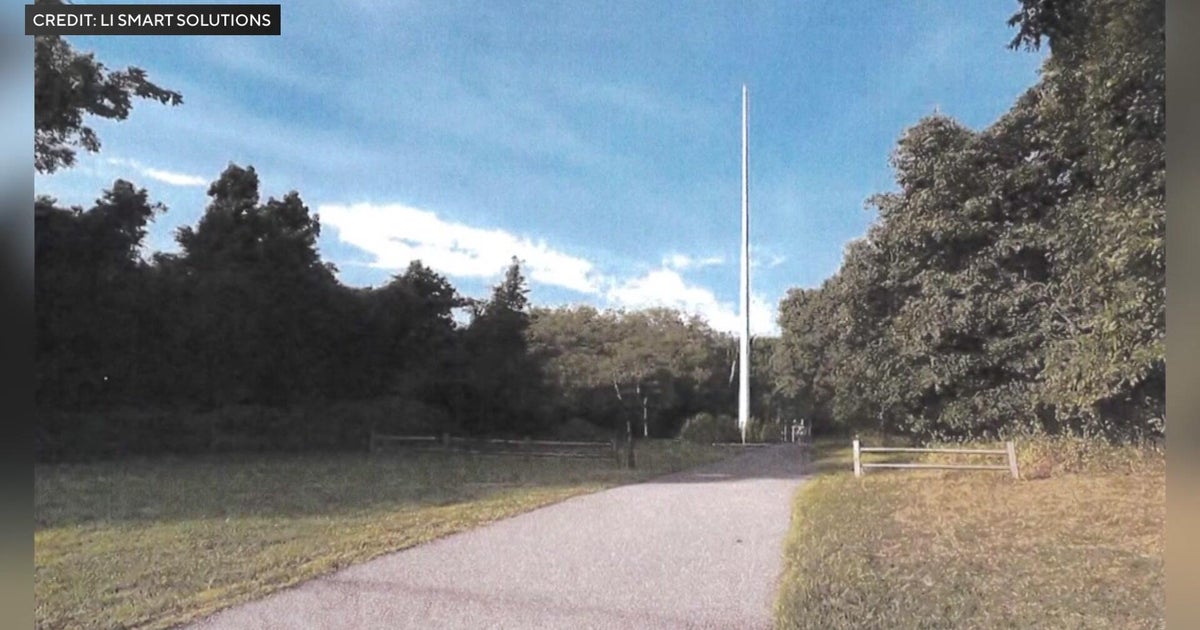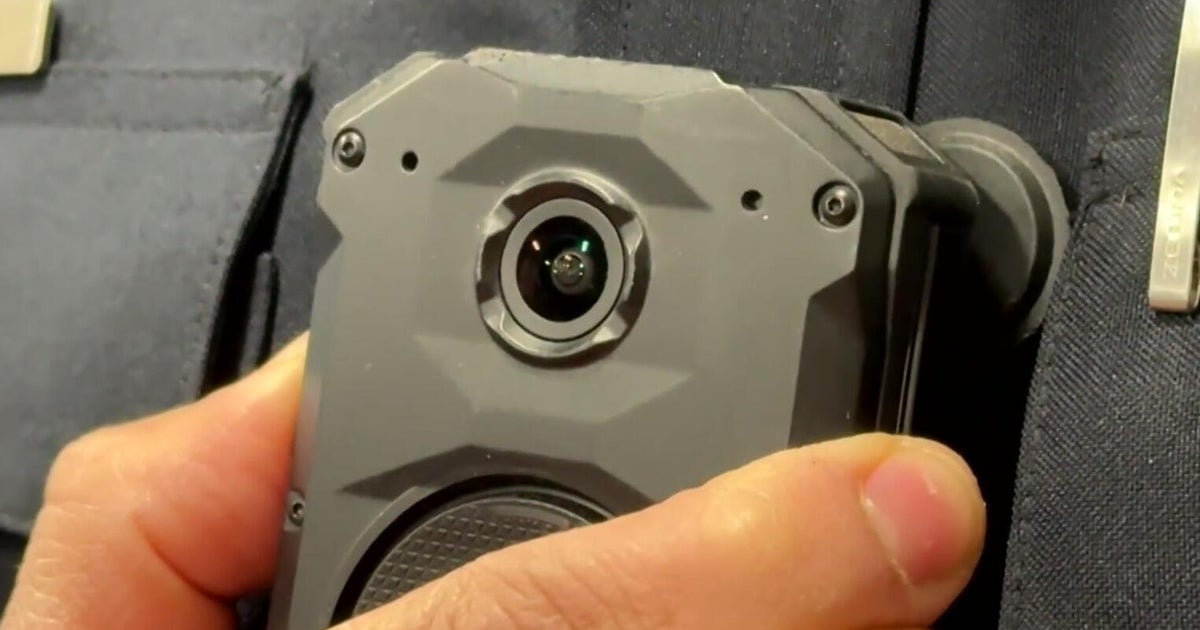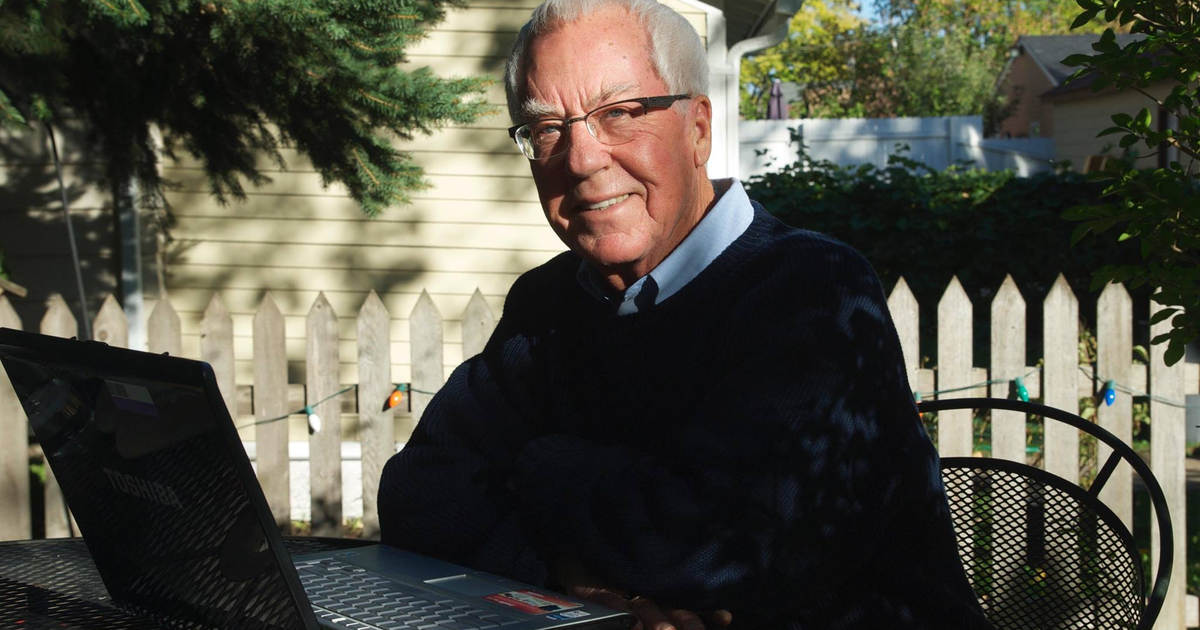What Do We Really Know About 4G Service?
SAN FRANCISCO (KCBS)— By now, you've seen and heard ads on the web, TV, radio and print. They all tout the benefits of 4G Cellular phone service.
KCBS' technology analyst Larry Magid answered questions about what is really known about the next wave of cell phone service, known as fourth generation.
"At one point the International Telecommunications Union specified that it should be a minimum of 100 megabits," said Magid.
But in fact, according to Magid, if you look at the 4G service from Sprint, T-Mobile, Verizon and AT&T, it typically ranges anywhere from three to 12 megabits at the most.
"In reality it's faster than 3G, but it's not nearly as fast as some people had hoped," said the tech analyst.
Magid added that the service isn't even 100 percent reliable. His own Sprint phone with 4G service is great in some areas, but he can't get a signal in parts of his own home. Not to mention when he can get a signal the battery burns quickly so he only uses it when it's plugged into a power supply.
In the meantime Rep. Anna Eshoo, a Democrat from the Bay Area, has introduced legislation that would require wireless companies to be more upfront and accurate about their 4G specifications and what exactly they mean when they talk about the service.
Magid recently interviewed Rep. Eshoo who said it's all about truth in advertising and getting these companies to be honest about what they can deliver and their reliability.
In defense of the wireless providers, Magid said that all radio signals are subject to interference.
KCBS Technology Analyst Larry Magid:
"You can never with 100 percent certainty guarantee any radio signal," said Magid who added that Congresswoman Eshoo is attempting to get companies to be accountable for what kind of wireless service they can provide.
(© 2011 CBS Broadcasting Inc. All Rights Reserved. This material may not be published, broadcast, rewritten, or redistributed.)
